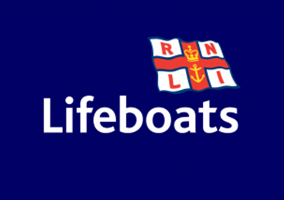Most whistleblowing reports to the Charity Commission last year were from charity employees and ex-employees (55.4%), according to a new report by the regulator.
The remaining disclosures were made by non-employees. Some 18% of the overall reports were made by volunteers, while 5% were made by ex-trustees.
Whistleblowing reports to the regulator rose by 16% on the year prior to 327 reports for 2022-23, compared with 281 for 2021-22.
This is the second-highest number of whistleblowing reports the regulator has received in eight years.
The highest was in 2020-21, with 431 reports, which the regulator says was driven by concerns arising from the Covid-19 pandemic.
Governance the most prominent issue
The top reported issues raised by whistleblowers were governance failings, safeguarding and financial harms. This is consistent with the previous seven years of Commission data.
However, reports of governance concerns rose from the previous year from 112 to 152 this year.
Whistleblowers disclosing financial harm as a concern also increased from 50 last year to 62 this year.
Concerns over safeguarding decreased slightly from 90 last year to 81 this year.
The other issues raised in 2022-23 were disputes, conflicts of interest, reputational damage and GDPR breaches.
Commission opened a case into 89% of whistleblowing reports
The regulator opened a case into 89% (291) of the disclosures made so it could consider further engagement.
The remaining 11% were related to a charity that already had a case open against it during that time period.
Some 195 (67%) of the 291 cases were closed by the end of the reporting period.
For the majority of cases, 139 of them, the regulator decided it was not proportionate to take further action after engaging with trustees.
In some 82 cases, regulatory advice and/or an action plan was provided to the charity.
Impact of whistleblowing reports
The Commission wrote in its report that these whistleblowing disclosures have helped it to detect and prevent concerns in a number of charities.
Examples of this include the Commission opening compliance cases into charities where disclosures identified a serious risk. The regulator also used its powers to protect charity’s beneficiaries, assets and reputation in certain cases.
The regulator said whistleblowing reports have also helped it ensure charities are complying with their safeguarding duties and improved charities’ governance.
It is working with the independent charity Protect, which operates a confidential advice line service for whistleblowers on the regulator's behalf.











